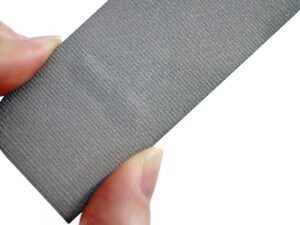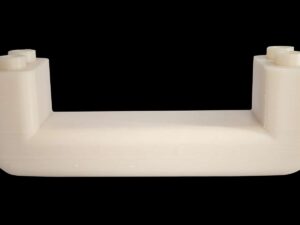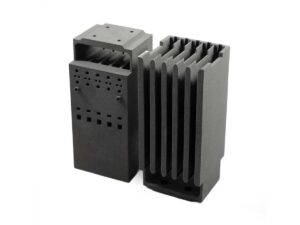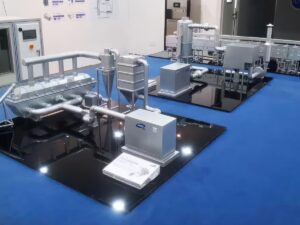- SLA Clear High-temp Resin-100Ōäā 3D Printed Benchmark
- 3D Printed Complex Geometric Test Unit of SLA Clear High-temp Resin-100Ōäā
Material Resin
Quantity 2 pcs
Price Range $1-100
Lead Time 2 workdays
Gallery
About Project
Gearheads and engineers, take a look at these beauties! Here we have a set of SLA 3D printed test unit gears, showcasing the incredible capabilities of high-temperature resin.
These gears look like precision-made components, likely used for rigorous mechanical testing in various devices. Their identical shapes and sizes, with central holes and intricate teeth, hint at their functionality. But what truly sets them apart is the material: SLA Clear High-Temp Resin, capable of withstanding temperatures exceeding 100┬░C!
The beauty of this resin lies in its versatility. Choose between a crystal-clear finish for perfect visibility of internal mechanisms, or a frosted option for a touch of sophistication. Whichever you prefer, both offer exceptional heat resistance, making them ideal for testing prototypes in high-temperature environments.
Want to take your 3D printing game to the next level with high-performance materials? FacFox has you covered! They offer a wide range of SLA resins, including this incredible Clear High-Temp option. Their advanced printing technology and expert materials handling ensure your gears, or any other complex design, are printed with precision and exceptional durability.
Head over to FacFox today and see how their 3D printing services can help you turn your innovative ideas into reality!
Solution
- Step 1: The 3D models of the test unit gears were designed, ensuring precise dimensions and identical shapes.
- Step 2: The designs were prepared for SLA 3D printing.
- Step 3: The printer was loaded with SLA Clear High-temp Resin-100Ōäā.
- Step 4: The printing process was initiated, and the gears were printed layer by layer.
- Step 5: The printed gears were removed from the printer upon completion.
- Step 6: Support structures were carefully removed to avoid damaging the gear teeth.
- Step 7: One gear was polished and sprayed with a thin layer of clear acrylic oil to achieve a transparent finish.
- Step 8: The other gear underwent simple sanding, resulting in a frosted appearance with visible layer lines.






